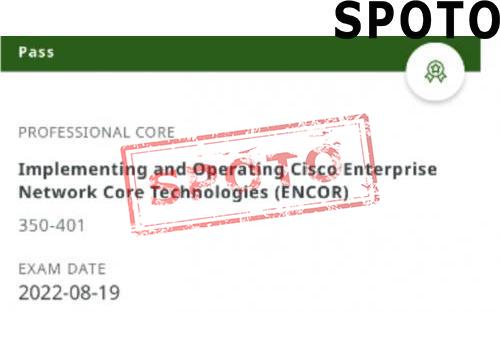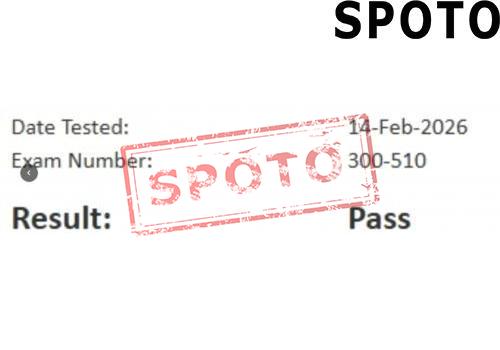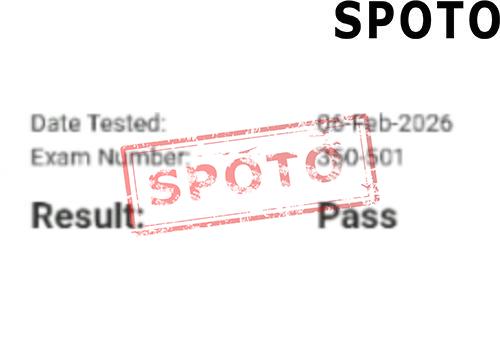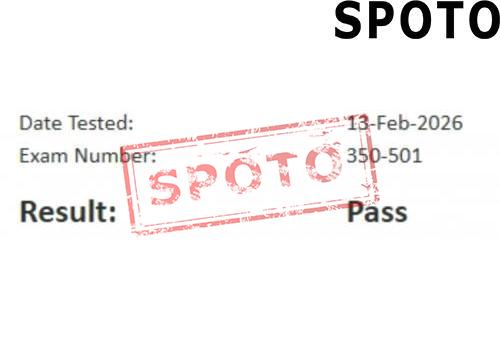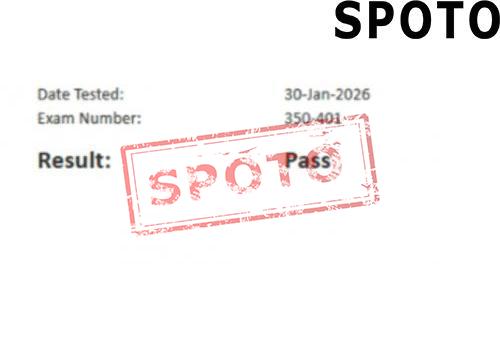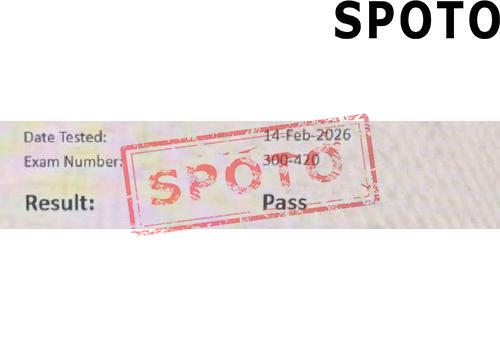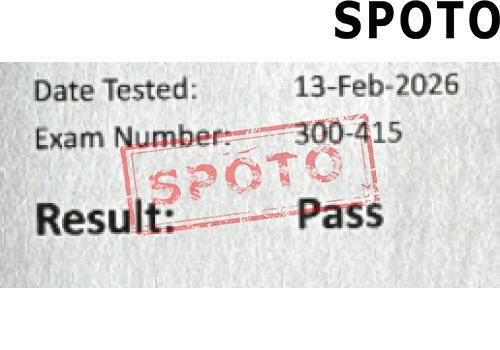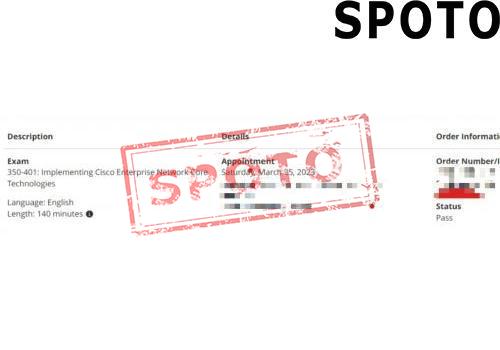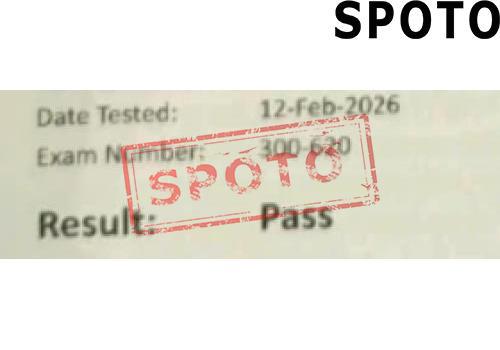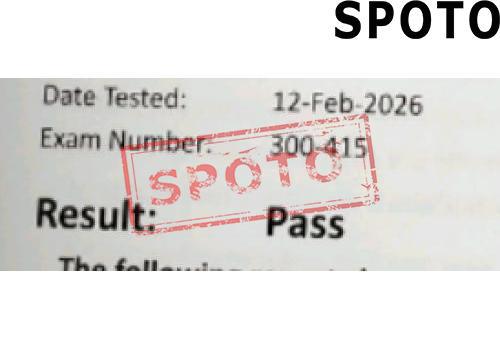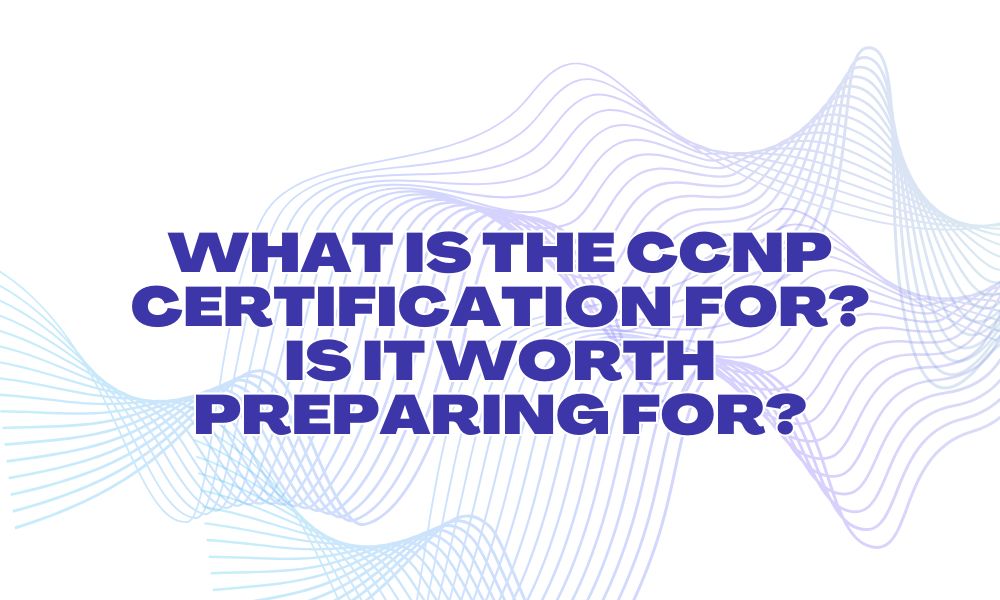
Table of Contents
1. What does CCNP certification entail?
CCNP, standing for Cisco Certified Network Professional, is a professional-level certification offered by Cisco Systems. It validates network professionals' ability to plan, implement, verify, and troubleshoot complex enterprise networks. This certification covers a range of networking technologies and is often a cornerstone of a career in the IT industry. As of February 2020, no entry-level certification is required to take the CCNP exam.
2. Benefits of holding a CCNP certification
CCNP is an industry-recognized, authoritative certification and the global benchmark for networking expertise. Holding this certification demonstrates your ability to: design and implement complex networks; effectively troubleshoot; and maintain scalable infrastructure in enterprise environments. For employers, it serves as a reliable indicator of competence and reliability, distinguishing certified candidates from their competitors. Furthermore, with the rapid advancement of technology, the CCNP curriculum reflects emerging trends to stay ahead of the curve, including network automation and programmability, cloud-native networking, and other emerging technologies. Earning this certification ensures your skills remain current as the industry embraces innovation. CCNP-certified professionals are able to navigate a variety of environments, providing unparalleled flexibility in career choices. CCNP certification is highly sought after in industries such as healthcare, finance, and education. It provides you with advantages whether you are looking for a homepage or a side job. If you have CCNP certification, you can look for side jobs such as freelance network engineer, online technical instructor, IT content creator, remote technical support, etc.
Real-life case 1: Earning Extra Income with CCNP Certification
A network engineer with CCNP Enterprise and Security certifications shared his side hustle experience on Reddit. He stated, "I worked as a network engineer for several managed service providers (MSPs)... During the day, I was responsible for comprehensive support of customer environments and upgrades during off-hours... My 'consulting' fee was a flat $40/hour." He primarily assisted with setup and troubleshooting, billing by the hour. The standard rate of around $40/hour is ideal for network engineers who need flexible time outside of their primary job.
Another user, a former IT professional with CCNP certification, now works part-time as a network support provider for small and medium-sized businesses. He shared, "I do consulting part-time after my main job and on weekends... I usually work with small shops... My hourly rate is half what a local managed service provider (MSP) charges... I don't usually work on their servers..." By providing common network services such as VLANs, wireless networking, routing, switching, and VPNs to local small businesses, charging them by the half-hour or hourly rate, he earns at least $3,000 per month in additional revenue.
3. CCNP vs CCNA certification
The Cisco Certified Network Professional (CCNP) and the Cisco Certified Network Associate (CCNA) differ in the level of expertise they represent and the skills they assess. Choosing between CCNA and CCNP depends on your career goals and your current level of networking knowledge and experience. CCNA is an associate-level networking certification that covers a broad range of fundamental networking technologies and requires only one exam. CCNA is a foundational certification suitable for networking novices. CCNP is Cisco's professional-level networking certification, offering seven specializations that provide deeper and more detailed coverage of specific technical areas. CCNP requires passing two exams. CCNP is designed for experienced networking professionals who want to deepen their expertise and specialize in a specific networking area.
4. How to prepare for CCNP exams
First, learn from Cisco certified professionals. They have the experience, expertise, and skills to help you pass the exam. The experts at SPOTO now know what to teach and how to train you. They'll ideally know how to create a study plan and cover all topics step-by-step. Second, gain the necessary practical experience. If you've taken other Cisco certification exams, you understand that without practical experience, you can't pass any Cisco exam. It's recommended to have one to three years of experience before taking the CCNP Enterprise exam to familiarize yourself with all Cisco CCNP Security devices. The exam requires an average of four to five hours of practical practice per day to familiarize yourself with the concepts and layout. Furthermore, to best prepare for the CCNP Enterprise exam, studying one topic at a time is a good approach. Don't read a book all at once; it's best to study one topic at a time. Read, understand, and then practice. Then move on to the next topic. Continue studying and practicing until you understand it. Finally, seek out additional exam resources. Books from Cisco Press are undoubtedly the best resources for any Cisco exam. However, they may not be sufficient. Therefore, we recommend that you choose SPOTO, which provides a wealth of exam materials to help you improve your exam preparation efficiency and pass rate.
Real-life case 2: A successful job search for a low-educated network engineer after obtaining CCNP certification
Before obtaining CCNP certification, he had been looking for a job for several months without success, so he used his free time to prepare for the CCNP exam. He shared his exam method:
(1) Daily study: Read two books, take a quick look at the first time, and read carefully the second time until he can recall the general content of each chapter in the book.
(2) Experiment: Although I had the equipment, I still completed all the flash experiments (three). I printed out the experimental materials and spent half an hour on the car to the exam. I basically didn't make any big mistakes in the experiments.
(3) Question bank: Generally, I also took a quick look at the first time. Because my English is not good, I mainly memorized the words the first time. The second time I did it myself, wrote the answers in a notebook, and copied the questions I got wrong and the controversial questions. The third time I read the copied questions again. The experiment was excluded. At that time, it was still the old version of the exam, which had experimental questions. The question bank was provided by the SPOTO registration customer service, and it was very accurate. In addition, VOIP and VPN are important, as are IPTV and storage, which are what I use at work now, and Sun's Solaris system. If you have the chance, you can learn more about VOIP, VPN, and MPLS.
5. Is CCNP certification worth it?
In the ever-evolving world of networking, the Cisco Certified Network Professional (CCNP) is one of the most coveted certifications for IT professionals. Whether you're looking to advance your career or deepen your technical expertise, CCNP opens the door to numerous opportunities. This certification validates your knowledge in areas such as routing, switching, security, and wireless networking, making you a valuable addition to any organization. Salaries increase significantly as careers advance. IT professionals with CCNP certifications typically earn higher salaries than those with entry-level certifications like CCNA. According to industry surveys, CCNP-certified network engineers earn an average annual salary between $80,000 and $120,000, depending on location, experience, and position. The financial benefits of earning a CCNP certification are significant, especially considering the time and effort required. If you're looking to boost your earning potential, CCNP is an excellent investment.
6. What are the different CCNP specializations?
There are seven different CCNP levels: CCNP Enterprise, CCNP Security, CCNP Collaboration,CCNP Data Center and CCNP Service Provider. There's no single best CCNP to choose; each level has a different focus. This depends on various factors and the specific skills you're looking to develop.
- CCNP Enterprise: Focuses on routing, switching, and wireless technologies for enterprise networks.
- CCNP Security: Covers advanced security topics such as VPNs, firewalls, and intrusion prevention systems.
- CCNP Collaboration: Specializes in voice, video, and collaboration technologies.
- CCNP Data Center: Delves into data center infrastructure, including cloud and virtualization technologies.
- CCNP Service Provider: Focuses on service provider networks, including configuring large-scale, high-performance networks.
